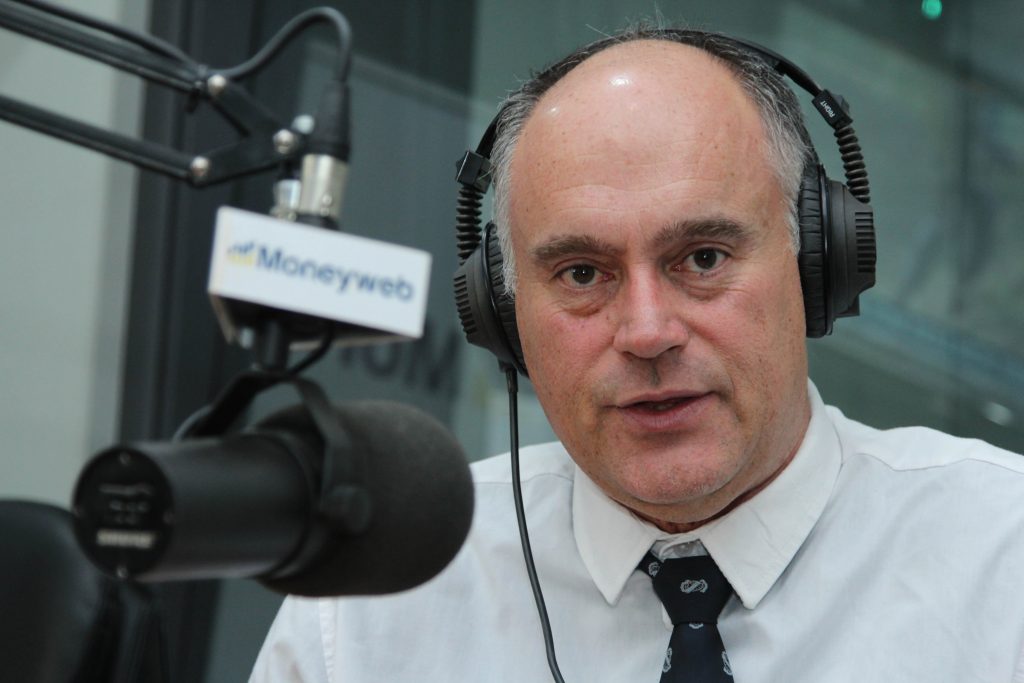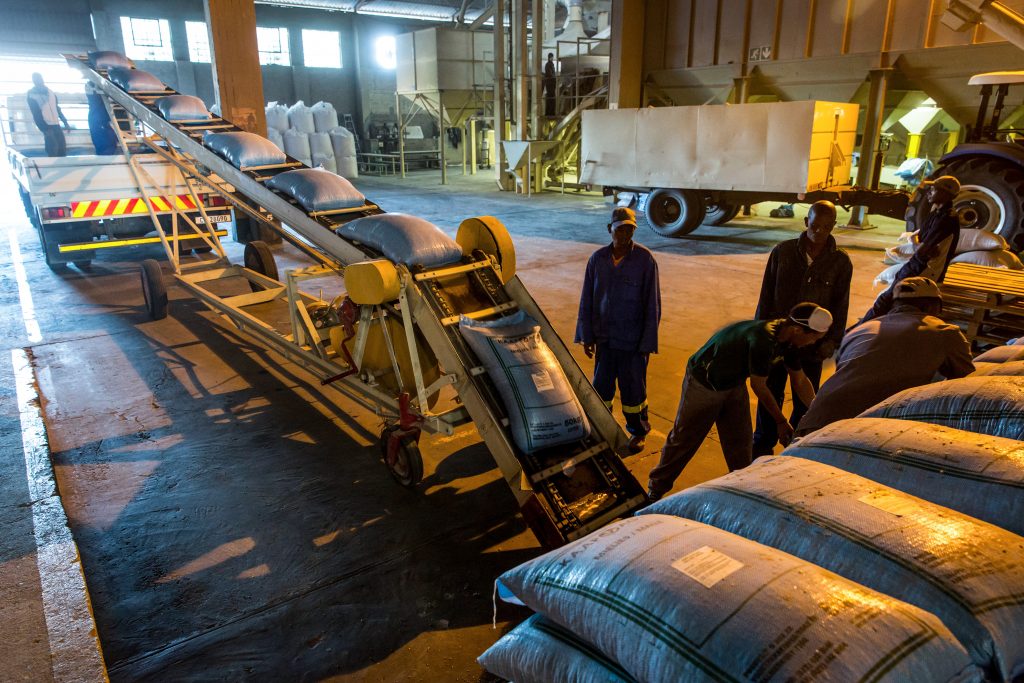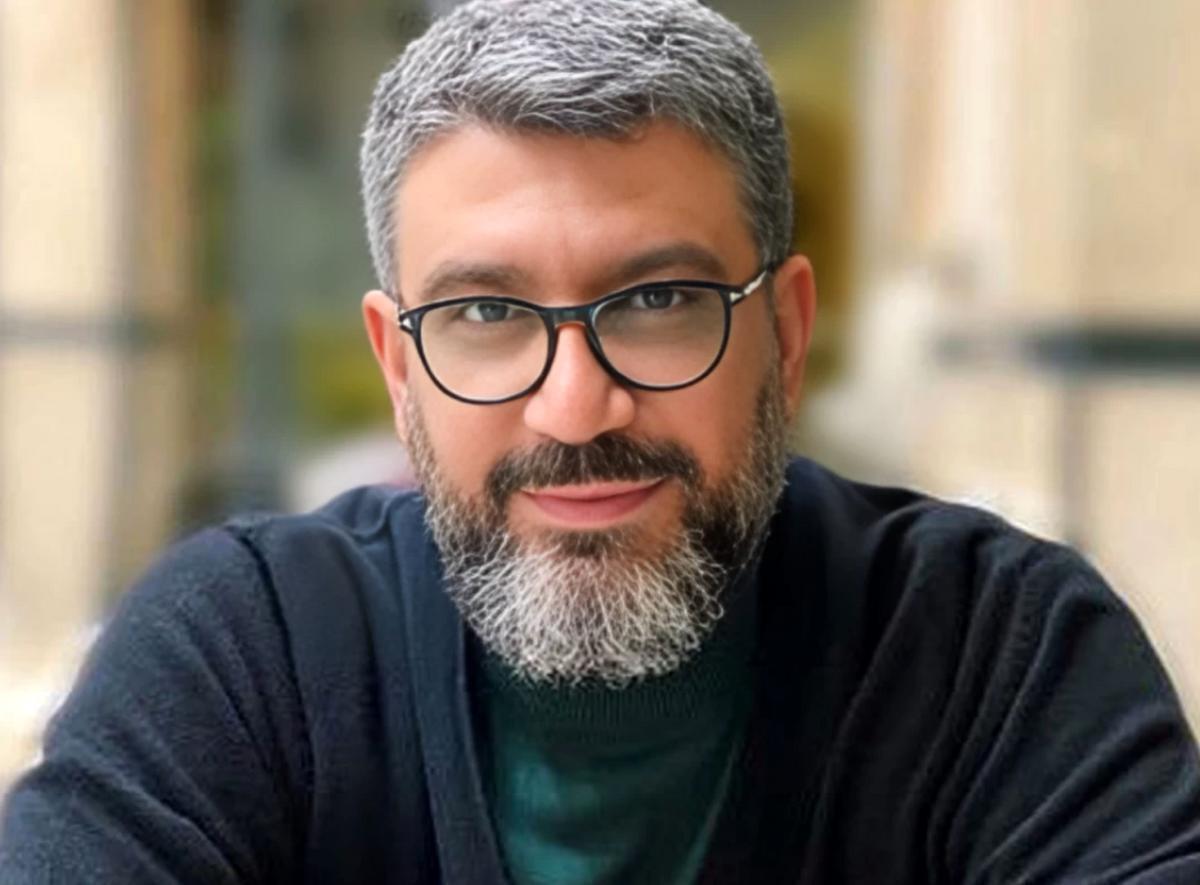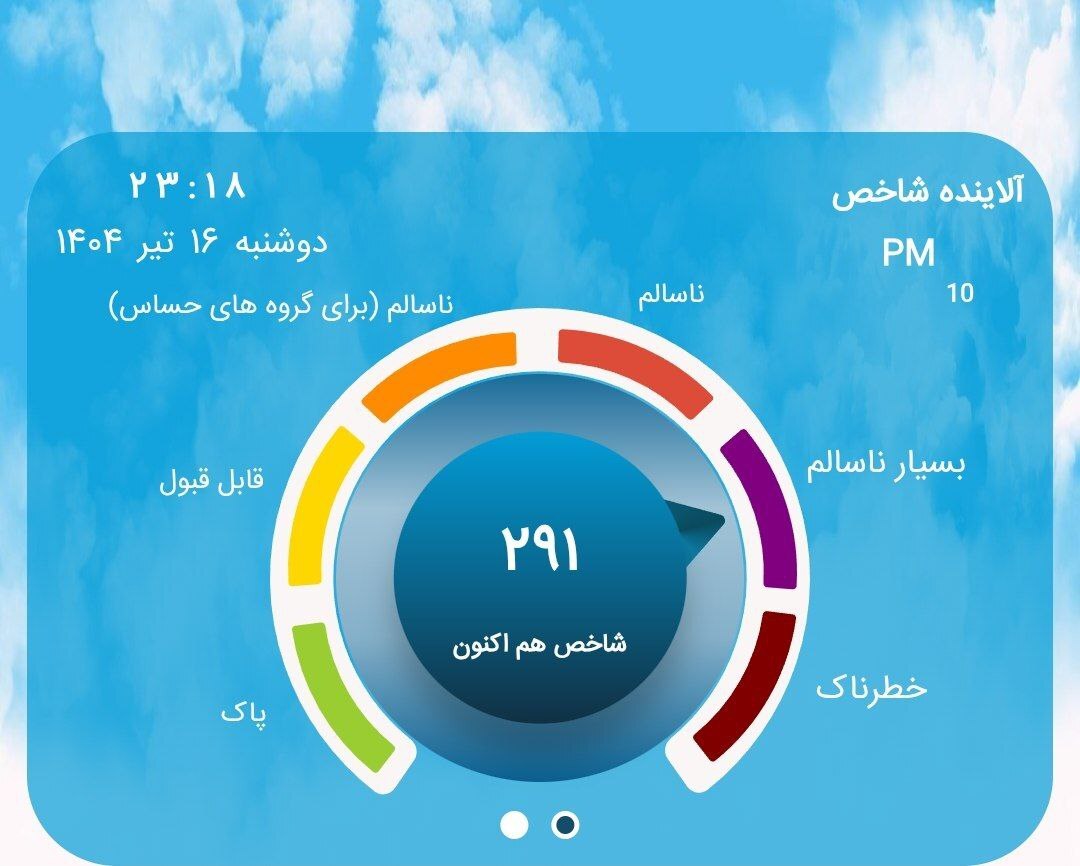You can also listen to this podcast on iono.fm here.
JIMMY MOYAHA: When you’re the host country of a G20 for a particular year, there’s a lot that comes with that. And for South Africa, among those things you start to have a series of meetings with other G20 countries across various sectors, conversations and disciplines.
Today we kicked off the finance track of the G20 meetings in the KZN province in Zimbali, with all of the finance and central banks’ deputies meeting to discuss some of the financial issues that would affect the G20 countries. We’re going to take a look at this, but we’re also going to take a look at some of the other G20 developments.
I’m joined on the line by the B20 [Business 20] South Africa Sherpa, who is also formerly the former CEO of Business Unity South Africa [Busa], Cas Coovadia, to take a look at this and see what we make of it.
Uncle Cas, lovely to have you on the show, as always. Let’s perhaps start with the G20 finance track meetings that kicked off today, the significance of this week, and what’s on the agenda for discussion.
CAS COOVADIA: Well, I think on the agenda for discussion would be issues related to how we actually finance infrastructure, how we ensure that countries on the continent of Africa are not treated in a way in which there’s a risk premium on the continent, or on countries in the continent, and who are without real backing information and data that validates that.
I think we’re talking about what different types of financing are needed to get infrastructure development going.
We’re talking about some of the multilateral institutions and the need to restructure those to an extent, to firstly have representation from emerging nations to recognise that economic power and [that] it is moving towards emerging nations and countries in the south.
Certainly they have bigger populations, they have mineral resources and other natural resources that are important – not just to them but to the globe and how we to a certain extent reset things – to ensure that emerging nations do have a seat at the real table, where they can actually influence how financing, infrastructure and influence – how the multilateral institutions actually operate.
JIMMY MOYAHA: Uncle Cas, speaking of these multilateral institutions, the likes of the IMF [International Monetary Fund] and the World Bank, are set to provide some updates this week around global foreign sovereign debt. Among other things I can imagine part of the inclusivity conversation that you allude to here is to look at these organisations as well, to say a greater representation perhaps [means] a better understanding of some of the economic differences of emerging markets.
How do we drive these conversations forward from a G20 host-nation perspective, understanding that there are other countries that have [different] agendas as well?
How do we get everybody on the same page?
CAS COOVADIA: Look, that’s the sort of challenge of both the B20 and the G20. I’m not that involved in the G20 discussions, but I can certainly come at your question from a B20 perspective.
So, if you look at the Finance and Infrastructure Task Force for the B20, we have close to 150/160-odd people on the task force from the different G20 countries.
I think what we’ve tried to do is we’ve tried to ensure that we have a very, very strong sherpa track who understand the issues, who have the experience to actually manage discussion and debate in large groups.
We’ve [also] got management consultants who have come to the party, in this case Boston [Consulting Group] [and] Deloitte for the Finance and Infrastructure Task Force. They do a lot of the heavy lifting and ensure that there’s good participation.
At the end of the day our guidance to the task force is, look, we don’t want to get down to the lowest common denominator, nor do we want to spend a lot of time in trying to reach consensus.
I think that what you’ve got to do is you’ve got to manage the process so that you come out with the recommendations that the majority of the countries support.
And these are B20 recommendations, not South African recommendations, not African recommendations.
And what Busa has done from a South African point of view is put strong people into these task forces to ensure that South Africa’s priorities are on the table and, through the discussion, kept alive, and that they find their way into the recommendations in some form or other.
So we are at a stage where we [are] just about [to] finalise the work of the task forces, and we’re now going to be reviewing the documents coming out and tighten those things up.
I think the B20 has developed, and it has its shortcomings – but having said that, it’s an initiative that brings together C-suite business people from all the G20 countries, as well as business organisations.
We’ve included a number of seats with people from Africa, because the African Union, the AU, is a member of the G20, and it’s an excellent forum to actually start debating their position and debating them, particularly in today’s sort of geopolitical system, geopolitical dynamics.
JIMMY MOYAHA: Speaking of those geopolitical dynamics, Uncle Cas, I want to take a look at perhaps what would be considered the elephant in the room at this stage, and that is the absence of the Treasury Secretary of the United States in Treasury Secretary [Scott] Bessent not attending this gathering in Zimbali at the moment, but also the bigger picture around the fact that the United States has already expressed that they have no interest in attending the gathering in November.
Now, of course I don’t expect you to comment on whether or not the United States will show up. I would love to get your thoughts on that but, more than that, on the importance of all of the G20 member states showing up at these events.
CAS COOVADIA: It’s absolutely critical that all of the G20 member states show up.
Again, from a B20 perspective, the United States business C-Suite people, as well as the American Chamber of Commerce – that’s our sort of counterpart in the US to whom we hand over towards the end of the year – are all involved in the task force and are very supportive of the B20 and I think what seems to be coming out.
America caters for about 14-15% of global trade. I think what we’ve sort of guided the task force on is to say, of course you need to discuss the geopolitics, but don’t let that immobilise you [with regards to] that 85% of global trade managed by significant parts of the G20 countries [that] want to work together, want to collaborate, want to use multilateral institutions.
Properly restructured multilateral institutions are interested in building inclusive economies and addressing the problems the globe has – and we’ve got to concentrate on that.
It’s not that we want to exclude any country, but that’s the direction that we’ve got to go because that has proved to be what makes economies work and proved to be how we actually interact and relate to each other as countries.
So obviously America not being at the G20 and the treasury secretary not being there is problematic. But the other G20 countries are there, the other representatives are there, and there’s a significant portion of the world that says that we need to work together, and we’ve got to continue to work along those lines.
JIMMY MOYAHA: Is it possible to continue to have these meetings without the presence of the United States? You mentioned of course they are 15% of the global trade but, above that, I’m looking at institutions like the World Bank that you and I have spoken about. The United States is probably a critical part of those organisations, in the founding of those organisations and how those organisations continue to be governed.
Is it possible now, as we stand at the moment – understanding that you and I don’t know what happens tomorrow – to say let’s have a G20, regardless of whether the United States shows up?
CAS COOVADIA: I think you’ve got to do that.
It’s not cocking a snoot to the US or anybody else. But I think that all the other G20 countries are there. The AU is there; the EU is there.
And we’ve got to continue doing the work that this country should be doing, from both a business point of view as well as the government point of view.
Certainly in the G20 work the whole area of public-private partnerships between business is certainly becoming a critical factor.
So I think that we want to fashion our recommendations in a way that they are implementable and actionable.
I think that we’ve got to demonstrate, as we move forward, that if we action some of these things it actually has benefit for world trade, for getting finances to where finances need to get to, and it ultimately actually holds the globe in good stead.
I certainly hope that America changes its mind and joins us. But I don’t think that we should be in a position where – be it America, be it anybody else – actually immobilises discussions and debates and recommendations that a significant part of the globe, both economically and population-wise and resource-wise is working together to return.
JIMMY MOYAHA: Before I let you go, Uncle Cas, as the Sherpa for the B20 South Africa, perhaps you’d be best positioned to answer this question.
For those who don’t understand what the sherpa is, it is a personal representative of a B20 leader in the form of a head of state or a government.
This means that on behalf of the nation of South Africa, Cas Coovadia and his team as the B20, or the B20 team, officially represent South Africa on certain matters. Are we ready to host the G20 come November?
CAS COOVADIA: I think we are. Again, we’ve been talking to our colleagues in the G20. I think some have moved forward very quickly, others are lagging behind a bit.
But I think that it’s coming together and we will have a good G20 in South Africa in November – and we’ll definitely have an excellent B20 in November.
We’ve worked quite hard to ensure that the summits dovetail. I will leave a couple of days before the G20, so that we can create opportunities for collaboration between business and government in that week. And so far I think the signs are good.
Obviously the US issue is overriding, but from what I hear from our government, they continue to talk to people in the US in the background, and hopefully the US will see that this is something that they should be part of.
JIMMY MOYAHA: Now is the time to advance the interests of the world, not the interests of specific countries. We’ll leave the conversation on that very note.
Thank you so much to Cas Coovadia, the B20 South Africa Sherpa, for joining us to take a look at the gatherings that kicked off this week related to the G20 and where we stand.

 5 hours ago
1
5 hours ago
1







![[FULL SHOW] SA prepares for G20, questioning Prasa’s R7.5bn spend, and the impact of tariffs on SA’s auto sector](https://www.moneyweb.co.za/wp-content/uploads/2023/11/JimmyMoyaha-safm.jpg)














 English (US) ·
English (US) ·